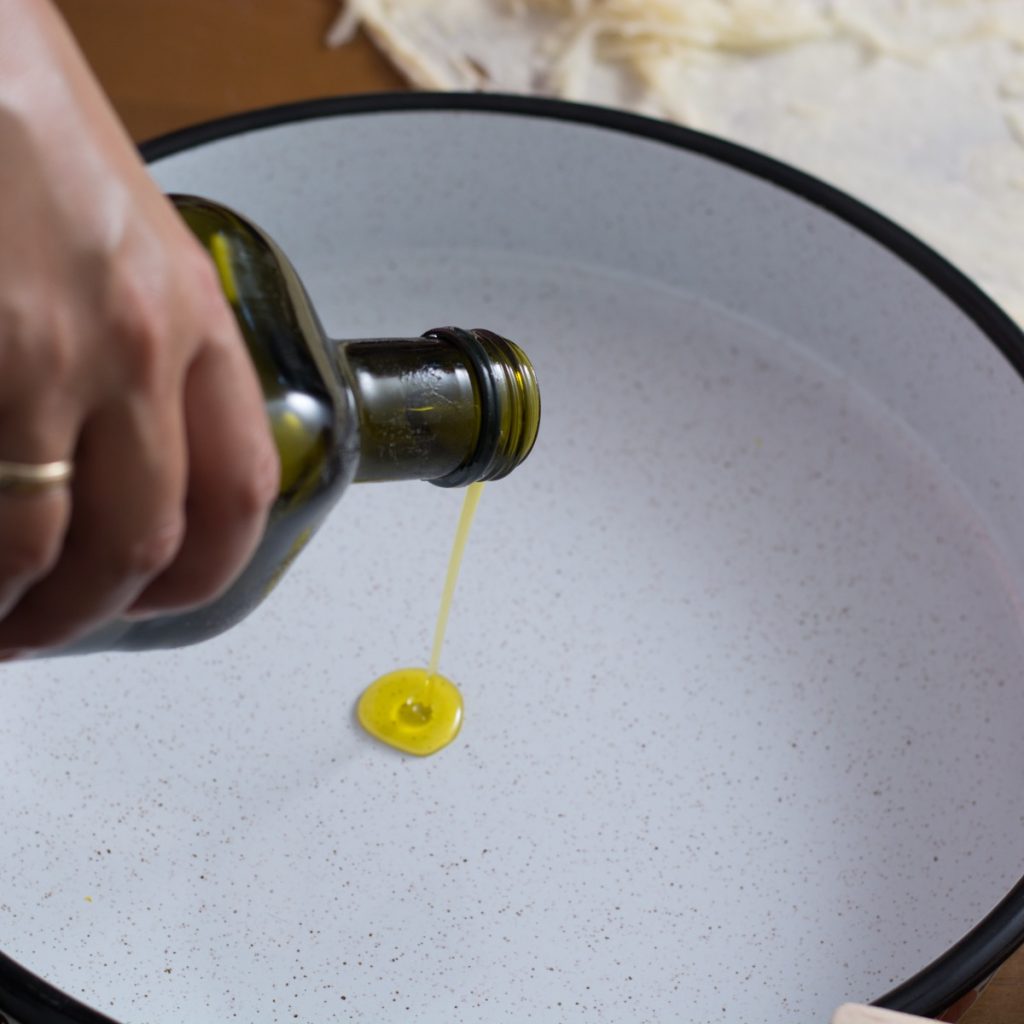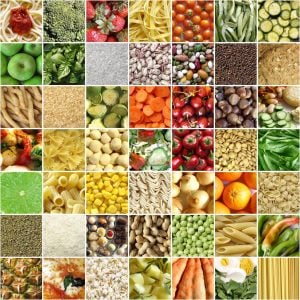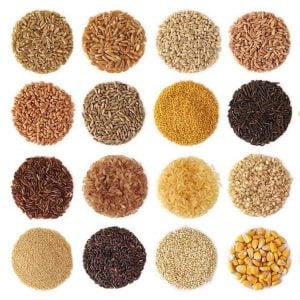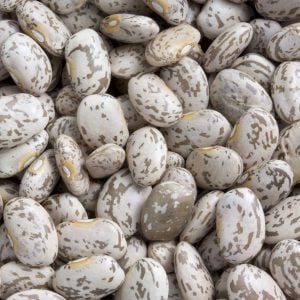What Are The Smoking Points For Common Cooking Fats & Oils?
Selecting the right fat or oil can significantly improve your dish’s flavor and texture when cooking. One crucial factor to consider is the oil smoking point—the temperature at which fat or oil starts to break down and smoke.
When this happens, it not only affects the taste of your food but can also release harmful compounds. That’s why understanding the smoke points of various oils and fats is essential for choosing the right one for each cooking method.
For high-heat cooking techniques like frying or searing, you’ll want oils with a high smoke point, such as avocado oil or refined peanut oil, which can handle the heat without breaking down. On the other hand, for lower-heat tasks like sautéing or drizzling over salads, extra virgin olive oil or butter adds flavor while keeping things at a more moderate temperature.
In this post, I’ll explore the smoke points of common cooking fats and oils and how to use them to your advantage. By understanding these basics, you can make informed choices in the kitchen, resulting in better-tasting meals and safer cooking practices.
BY OIL
| Oil | Smoke Point (°F) | Smoke Point (°C) |
|---|---|---|
| Almond oil | 420°F | 218°C |
| Avocado oil – unrefined | 375°F | 190°C |
| Avocado oil | 520°F | 271°C |
| Butter | 300°F | 150°C |
| Canola oil | 225°F | 107°C |
| Canola oil – refined | 400°F | 204°C |
| Clarified Butter (Ghee) | 485°F | 252°C |
| Coconut oil | 350°F | 177°C |
| Corn oil – refined | 450°F | 232°C |
| Corn oil – unrefined | 320°F | 160°C |
| Cottonseed oil | 420°F | 216°C |
| Flaxseed oil | 225°F | 107°C |
| Grapeseed oil | 420°F | 216°C |
| Hazelnut oil | 430°F | 221°C |
| Hemp seed oil | 330°F | 165°C |
| Low acidity extra virgin olive oil | 405°F | 207°C |
| High-oleic sunflower oil – refined | 450°F | 232°C |
| High-oleic sunflower oil – unrefined | 320°F | 160°C |
| Lard | 370°F | 182°C |
| Macadamia nut oil | 390°F | 199°C |
| Mustard oil | 489°F | 254°C |
| Olive oil – extra virgin | 320°F | 160°C |
| Olive oil – virgin | 420°F | 216°C |
| Olive oil – extra light | 468°F | 242°C |
| Olive oil – pomace | 460°F | 238°C |
| Palm kernel oil | 450°F | 232°C |
| Palm oil | 450°F | 232°C |
| Peanut oil | 440°F | 227°C |
| Peanut oil – refined | 450°F | 232°C |
| Peanut oil – unrefined | 320°F | 160°C |
| Safflower oil | 510°F | 266°C |
| Safflower oil – refined | 450°F | 232°C |
| Safflower oil – semirefined | 320°F | 160°C |
| Safflower oil – unrefined | 225°F | 107°C |
| Semirefined canola oil | 350°F | 177°C |
| Sesame oil | 410°F | 210°C |
| Sesame oil – semirefined | 450°F | 232°C |
| Sesame oil – unrefined | 350°F | 177°C |
| Soy oil – refined | 450°F | 232°C |
| Soy oil – semirefined | 350°F | 177°C |
| Soy oil – unrefined | 320°F | 160°C |
| Soybean oil | 495°F | 257°C |
| Sunflower oil | 440°F | 227°C |
| Sunflower oil – semirefined | 450°F | 232°C |
| Sunflower oil – unrefined | 225°F | 107°C |
| Vegetable shortening | 360°F | 182°C |
| Virgin olive oil | 420°F | 216°C |
| Walnut oil – semirefined | 400°F | 204°C |
| Walnut oil – unrefined | 320°F | 160°C |
By Temperature
| Oil | Smoke Point (°F) | Smoke Point (°C) |
|---|---|---|
| Canola oil | 225°F | 107°C |
| Flaxseed oil | 225°F | 107°C |
| Safflower oil – unrefined | 225°F | 107°C |
| Sunflower oil – unrefined | 225°F | 107°C |
| Butter | 300°F | 150°C |
| Corn oil – unrefined | 320°F | 160°C |
| High-oleic sunflower oil – unrefined | 320°F | 160°C |
| Olive oil – extra virgin | 320°F | 160°C |
| Peanut oil – unrefined | 320°F | 160°C |
| Safflower oil – semirefined | 320°F | 160°C |
| Soy oil – unrefined | 320°F | 160°C |
| Walnut oil – unrefined | 320°F | 160°C |
| Hemp seed oil | 330°F | 165°C |
| Coconut oil | 350°F | 177°C |
| Semirefined canola oil | 350°F | 177°C |
| Sesame oil – unrefined | 350°F | 177°C |
| Soy oil – semirefined | 350°F | 177°C |
| Vegetable shortening | 360°F | 182°C |
| Lard | 370°F | 182°C |
| Avacado oil – unrefined | 375°F | 190°F |
| Macadamia nut oil | 390°F | 199°C |
| Canola oil – refined | 400°F | 204°C |
| Walnut oil – semirefined | 400°F | 204°C |
| Low acidity extra virgin olive oil | 405°F | 207°C |
| Sesame oil | 410°F | 210°C |
| Almond oil | 420°F | 218°C |
| Cottonseed oil | 420°F | 216°C |
| Grapeseed oil | 420°F | 216°C |
| Olive oil – virgin | 420°F | 216°C |
| Virgin olive oil | 420°F | 216°C |
| Hazelnut oil | 430°F | 221°C |
| Peanut oil | 440°F | 227°C |
| Sunflower oil | 440°F | 227°C |
| Corn oil – refined | 450°F | 232°C |
| High-oleic sunflower oil – refined | 450°F | 232°C |
| Palm kernel oil | 450°F | 232°C |
| Palm oil | 450°F | 232°C |
| Peanut oil – refined | 450°F | 232°C |
| Safflower oil – refined | 450°F | 232°C |
| Sesame oil – semirefined | 450°F | 232°C |
| Soy oil – refined | 450°F | 232°C |
| Sunflower oil – semirefined | 450°F | 232°C |
| Olive oil – pomace | 460°F | 238°C |
| Olive oil -extra light | 468°F | 242°C |
| Clarified Butter (Ghee) | 485°F | 252°C |
| Mustard Oil | 489°F | 254°C |
| Soybean oil | 495°F | 257°C |
| Safflower oil | 510°F | 266°C |
| Avocado oil | 520°F | 271°C |
Cooking Tip – Once you burn cooking oil, forget about it. It is NO longer good to cook with, so throw it out and start over.
Refined or Unrefined Oils
The key differences between refined and unrefined cooking oils lie in how they are processed, their flavor, smoke points, and nutritional properties:
- Processing:
- Refined oils undergo additional processing to remove impurities, odors, and flavors. This process often involves filtering, bleaching, and deodorizing the oil.
- Unrefined oils are minimally processed, typically by cold-pressing or expeller-pressing, preserving most of their natural characteristics.
- Flavor:
- Refined oils are usually neutral in flavor because the refining process strips away much of the oil’s natural taste. This makes them versatile for cooking without altering the flavor of a dish.
- Unrefined oils retain the natural flavors of the source, like the fruity notes of extra virgin olive oil or the nutty taste of unrefined sesame oil, which can enhance certain dishes.
- Smoke Point:
- Refined oils generally have higher smoke points, making them ideal for high-heat cooking methods such as frying or searing.
- Unrefined oils have lower smoke points and are better suited for low-heat cooking or as finishing oils for salads and drizzling.
- Nutritional Value:
- Refined oils lose some nutrients during processing.
- Unrefined oils retain more vitamins, antioxidants, and beneficial compounds, making them more nutritious.
*IMPORTANT – So that you know, the tables above offer you approximate smoking point temperatures but will vary depending on many environmental factors.












